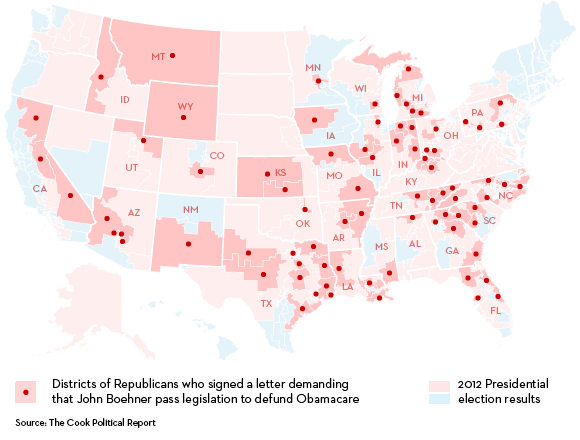Racialization of Politics in the UK
A major theme at TOO is the racialization of American politics—the tendency for politics to reflect racial/ethnic identities rather than economic interest, as was the rule in pre-multicultural America where the Democrats were the party of working class Whites. The racialization of politics means that the Democrats’ “ascendant majority” of non-Whites is likely to dominate in the future, as they do in California where they had supermajorities in both houses of the state legislature (until two representatives of the ascendant [Ronald Calderon and Roderick Wright] got involved in scandals) and are urging Governor Jerry Brown to spend yet more money on social programs.
It’s interesting that one aspect of the new American identity politics is that Republicans are likely to continue to do relatively well in the Senate because each state gets two senators. That means that rural states with larger percentages of Whites, and especially older and working class Whites, are likely to vote Republican as racial identities increasingly dominate the political landscape (Ron Brownstein, “Parties trading places for 2014“). Clearly the White working class and older Whites are conspicuously absent from the coalition of the ascendant; Obama’s popularity is about 30% among these groups. Although these groups show the clearest pattern, Whites in general haven’t jumped on board the multicultural bandwagon as it heads into our glorious and vibrant future: majorities of all age groups and both sexes of Whites voted Republican in 2012; this trend will be more extreme in the future.
There are similar trends in the UK, where an observer described British political elites as posing “as champions of progress yet their fixation with multiculturalism is dragging us into a new dark age. In many of our cities, social solidarity is being replaced by divisive tribalism, democracy by identity politics.” And as in the U.S. where Whites and especially working class and older Whites are defecting from the Democrats, in the UK the White working class and older Whites are defecting from Labour to the UKIP (The Guardian: “White face, blue collar, grey hair: the left-behind voters that only Ukip understands“).
To truly understand Ukip’s appeal you need to go much deeper. The roots of this revolt can be traced back over decades. Divides in the social and economic experiences of voters have appeared, their values and priorities have been widening, and a new electorate of “left behind” voters has grown up. These voters are on the wrong side of social change, are struggling on stagnant incomes, feel threatened by the way their communities and country are changing, and are furious at an established politics that appears not to understand or even care about their concerns. And it is these left-behind voters who have finally found a voice in Farage’s revolt. Read more






